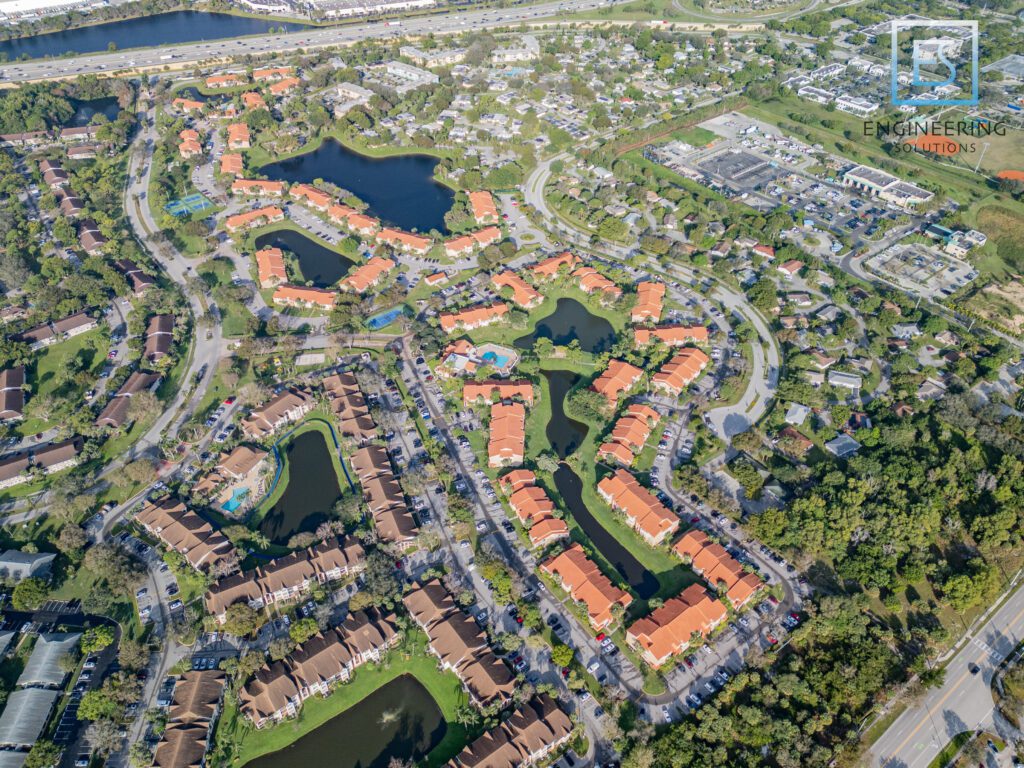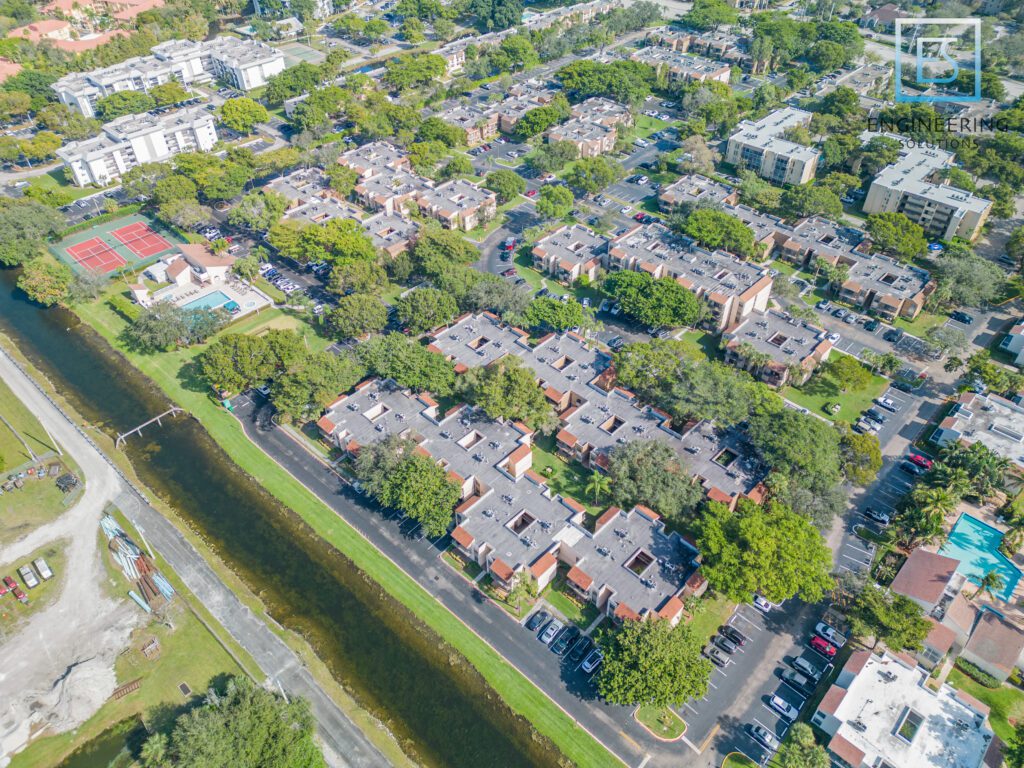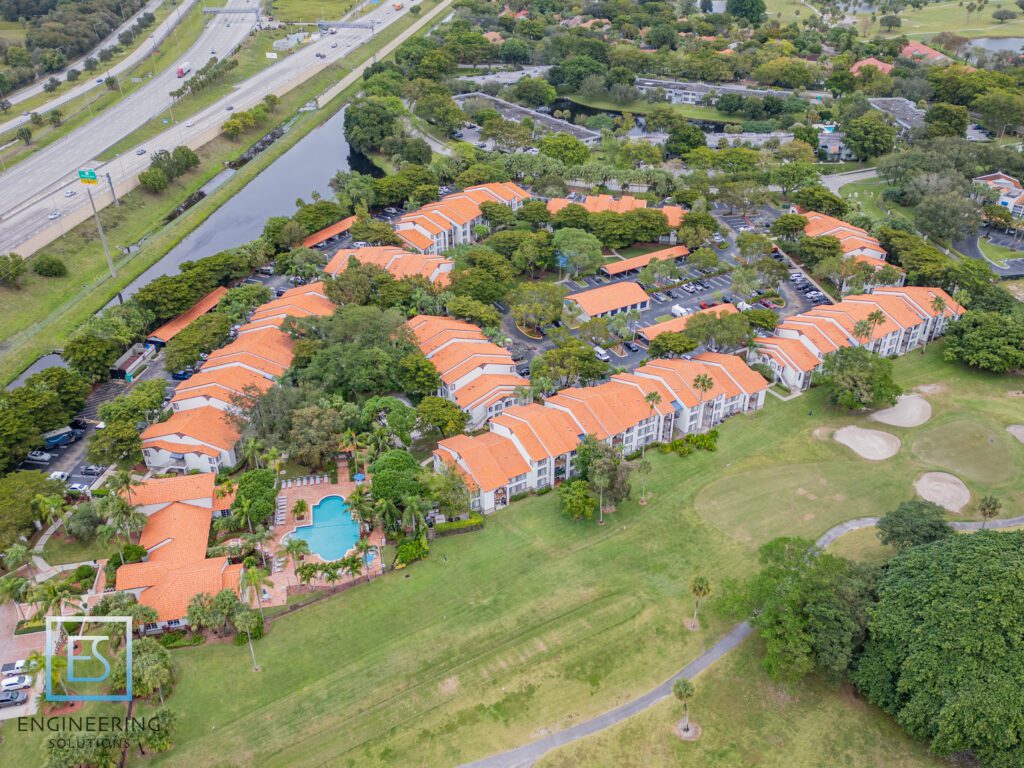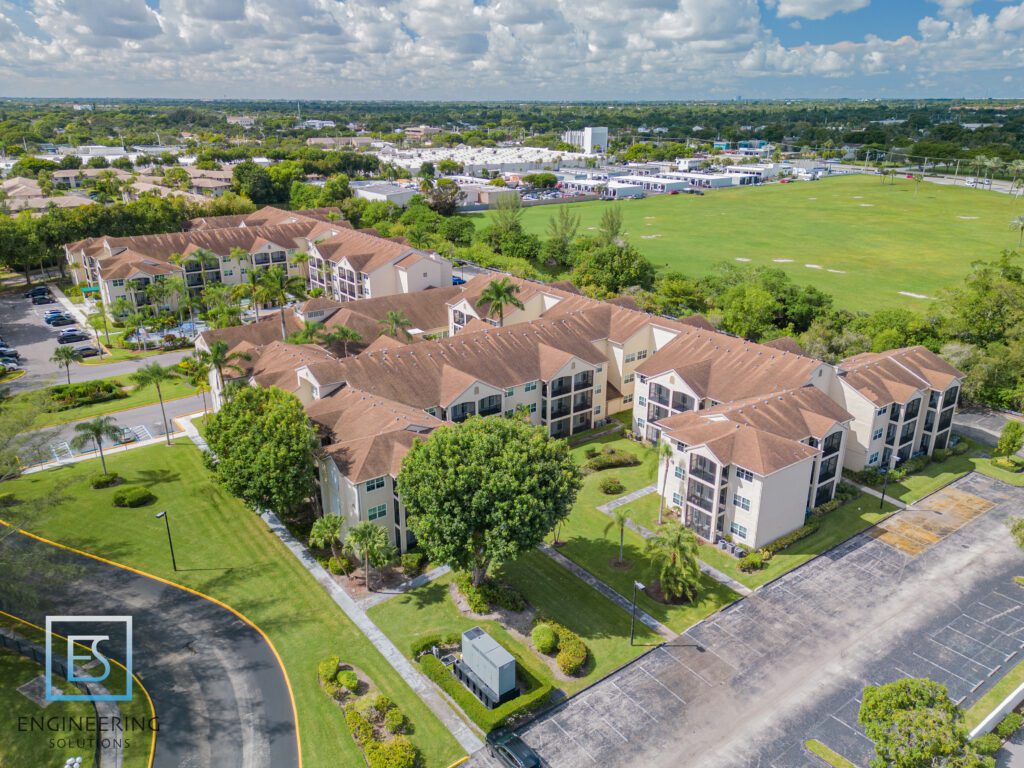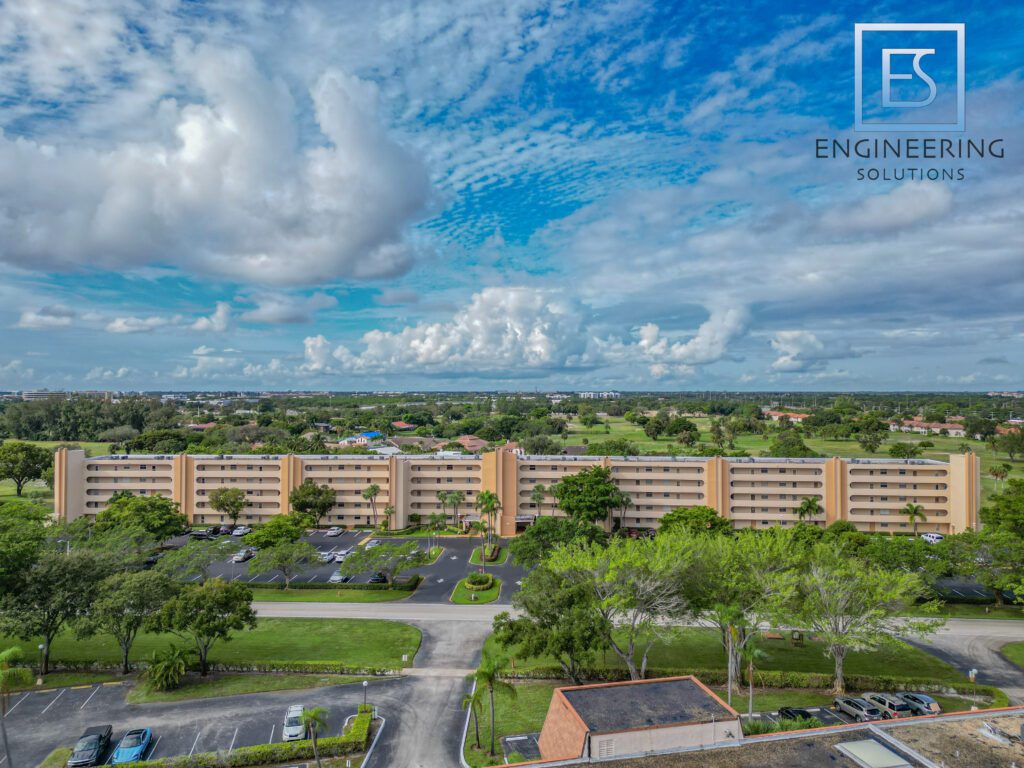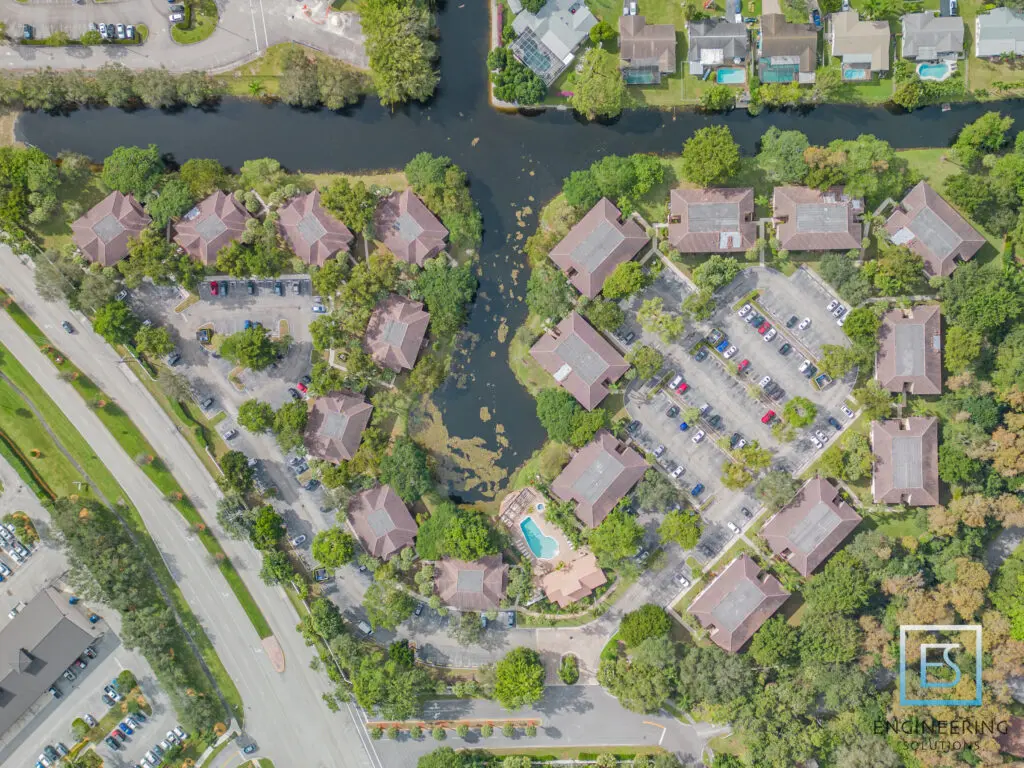Milestone Inspections
Milestone Inspections
What is a Milestone Inspection?
A Milestone Inspection (MI) is a mandatory structural evaluation inspection of condominium and cooperative buildings in Florida that are at least 25 years old and have three or more stories. These inspections, conducted by licensed architects or engineers, focus on assessing the building's load-bearing elements and primary structural systems to ensure the building remains safe for occupancy. The inspection process is divided into two phases. Phase one involves a visual inspection of the building's structural components to check for substantial deterioration. If no significant issues are found, no further inspection is needed. However, if substantial deterioration is identified, phase two follows, involving more detailed testing—either destructive or non-destructive—to assess the extent of the damage and recommend necessary repairs.
Why They Matter:
Milestone inspections are crucial because they ensure the safety of residents and the structural integrity of aging buildings, helping prevent potential hazards. These inspections also maintain compliance with state regulations, supporting long-term building safety and performance. Buildings that are subject to condominium or cooperative ownership and meet the age and height requirements must undergo their first milestone inspection by the time they reach 30 years of age, with subsequent inspections required every 10 years thereafter. Additionally, buildings in areas with specific environmental conditions, such as proximity to saltwater, may require inspections at 25 years.
Who Needs Them:
Condominium and cooperative buildings in Florida that are three stories or more, at least 25 years old (or 30 years old, depending on location), must undergo milestone inspections to ensure the structural integrity and safety of the building. This is mandated by the state of Florida.
- Building Type: Milestone inspections apply to condominium and cooperative buildings in Florida that are three or more stories in height.
- Age Requirement: These buildings must be 30 years old or older (based on the date the certificate of occupancy was issued) or 25 years old or older if located in areas with specific environmental conditions, such as proximity to saltwater.
- Ownership Type: The building must be subject to condominium or cooperative ownership, as defined under Florida law (Chapter 718 for condominiums and Chapter 719 for cooperatives).
- Location: Milestone inspections apply to buildings located throughout Florida. However, buildings in areas with more severe environmental conditions (e.g., near salt water) may require inspections starting at age 25.
How Milestone Inspections are Conducted:
The inspection process begins when the building's owner receives a notice from the local enforcement agency. Within 180 days, phase one must be completed, and the inspection report submitted to the local municipality/state. A milestone inspection for condominium and cooperative buildings in Florida consists of two phases designed to assess the building's structural integrity and ensure safety.
Phase One: This is the initial visual inspection conducted by a licensed architect or engineer. They will examine both habitable and non-habitable areas of the building, focusing on its major structural components. The goal is to identify any signs of substantial structural deterioration, such as weaknesses or distress in the load-bearing elements. If no significant issues are found, phase two is not required, and the inspection report is submitted to the local enforcement agency. The inspection must be completed within 180 days of the owner receiving a notice from the local enforcement agency.
Phase Two: If Phase One uncovers substantial structural deterioration, a more in-depth Phase Two inspection is required. This phase may involve either destructive or non-destructive testing to further assess the damage and confirm whether the building remains structurally safe. The engineer or architect may recommend a repair plan and timeline for fixing the issues. A progress report must be submitted within 180 days of the phase one report to outline the plan for completing phase two.

